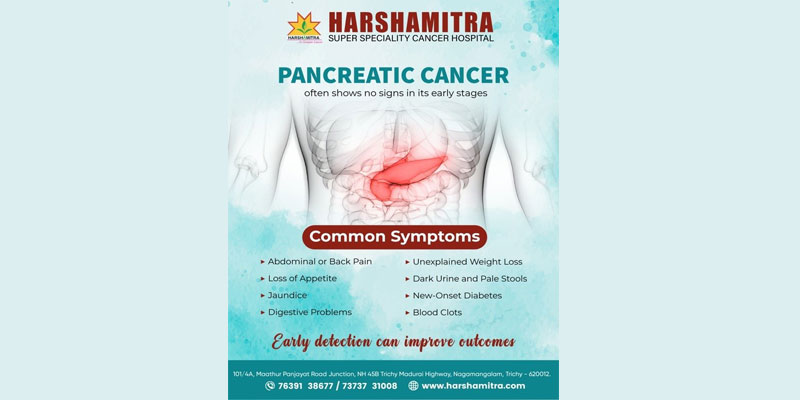Pancreatic cancer is known for its poor prognosis, making it one of the most challenging types of cancer to treat successfully. The prognosis, or expected outcome, for pancreatic cancer patients is generally unfavorable, with a lower survival rate compared to many other cancers. Several factors contribute to this poor prognosis.
Reasons for the Poor Prognosis of Pancreatic Cancer
- Late Diagnosis: Pancreatic cancer often goes undetected in its early stages because symptoms typically appear only in advanced stages. This late diagnosis limits treatment options, as the cancer may have already spread.
- Aggressive Nature of Cancer: Pancreatic cancer cells tend to grow and spread rapidly. Once it has spread to other organs, it becomes harder to control or remove through surgery.
- Limited Treatment Responses: Pancreatic cancer often shows resistance to standard treatments like chemotherapy and radiation, making it challenging to slow or stop the disease’s progression.
- Complexity of the Pancreas: Due to the pancreas’ location and its complex structure, it is difficult to operate on and to reach with targeted treatments.
Prognosis Statistics
Survival rates for pancreatic cancer are low, with a 5-year survival rate of about 10-15% for those diagnosed at early stages. For advanced stages, the survival rate is often less than 5%. However, early detection can improve outcomes, and advancements in treatment are offering some hope.

